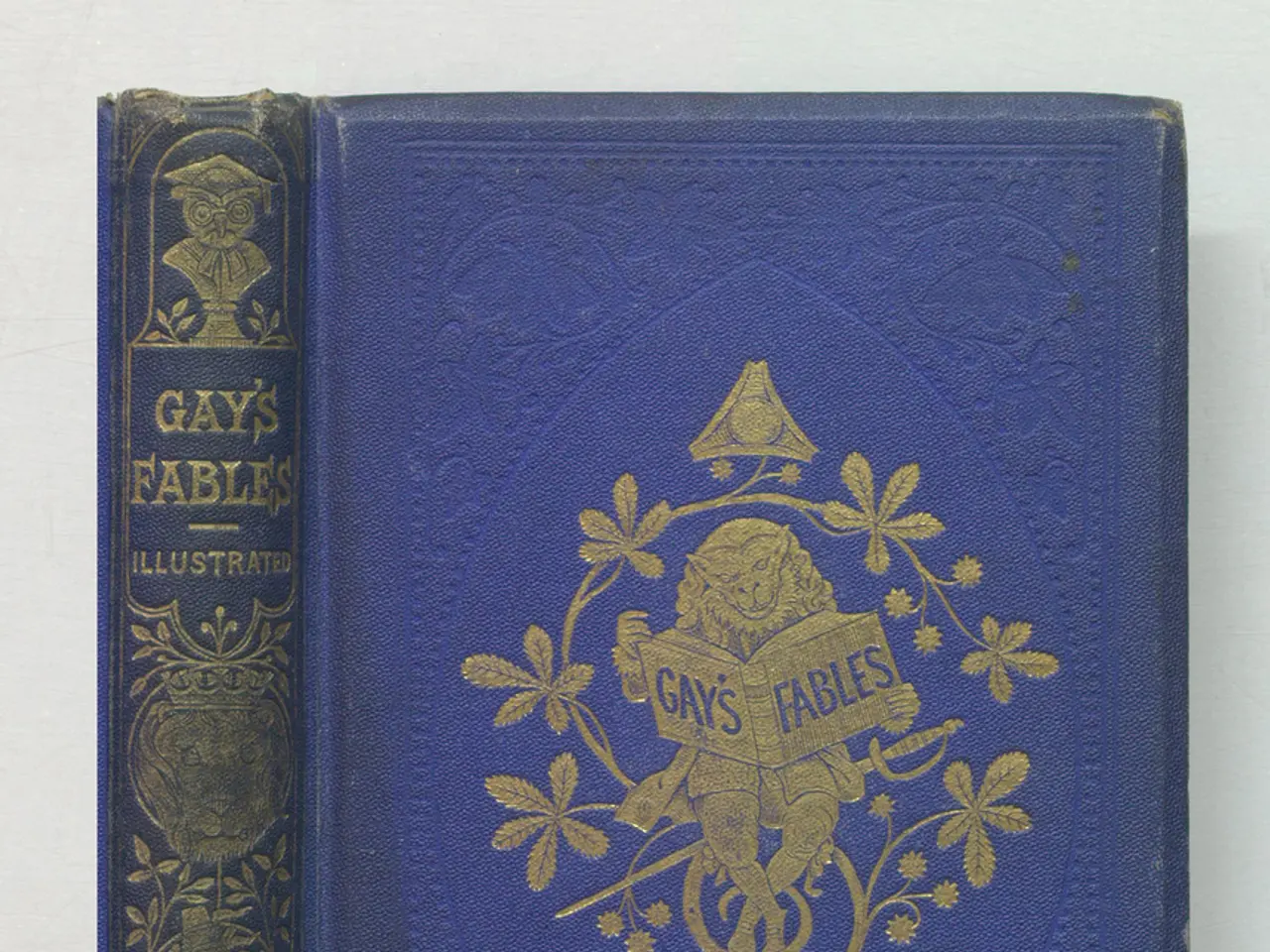Djinns, Kurdish-Turkish families, and queer identity discussed by Fatma Aydemir
In the literary world, Fatma Aydemir, a celebrated German author and thinker, has made a name for herself with her thought-provoking works. Born in 1986 in Karlsruhe, Aydemir has since established herself as a vital voice in national conversations about feminism, migration, and social justice.
Aydemir's latest novel, "Djinns", is a poignant, intimate, and visceral journey into the past and present of a multicultural family. The story revolves around Hüseyin, a Kurdish Turk who migrates to Germany to work and seek better opportunities for his family. The novel weaves through memories, unspoken traumas, and hidden pasts, rather than following a linear narrative.
Central to the story is the family's multifaceted identity and the challenges they face, reflecting on power, beauty, and the voids in their lives, alongside the unseen demons lurking in the background. The novel captures the intergenerational experiences and secrets of the family at the turn of the twentieth century, portraying their diverse characters united by a deep yearning to be understood.
"Djinns" is a family story about an immigrant family that came from Turkey to Germany between the 1970s and 1980s. Aydemir intentionally writes characters that feel alive, including queer characters, to reflect the diversity among Turkish guest workers and the reality of family dynamics. The story focuses on the first week of Hüseyin's retirement, his death in Istanbul, and the family's subsequent meeting for his funeral.
The novel explores each character's struggles and their realization of their own mortality. It also delves into the family's complex relationship dynamics, such as the relationship between the mother and the eldest daughter, as well as the male characters' vulnerabilities and various social issues such as Kurdish-Turkish issues, queer identity, xenophobia, and patriarchy.
Aydemir found journalism exciting but grew tired of writing opinion pieces and prefers focusing more on literary fiction. She admits that writing "Djinns" was challenging, particularly in keeping all the characters' voices and perspectives separate. However, her dedication to authentic representation shines through in the novel's characters, each with their unique voice and perspective.
"Djinns" is a story of exploitation within the context of Germany's labor migration in the 1960s and 1970s, focusing on a conservative Muslim family. The German state tried to keep guest workers isolated, especially those from Muslim countries like Morocco and Turkey, in order to control them and send them back once they were no longer needed. This invisibility of minorities still plays a role in the nationalist and right-wing ideas that can be found in large parts of Turkish-German communities.
Aydemir hopes that "Djinns" stands on its own as good literature, but understanding the history of so-called guest workers and labor migration is an important aspect of context for English-language readers. "Djinns" was written by Fatma Aydemir and translated by Jon Cho-Polizzi, and it is available now from University of Wisconsin Press (US) and will be released by Peirene Press (UK) on Oct 22.
In addition to her writing, Aydemir writes for publications like taz and has a monthly column for The Guardian. Her award-winning 2017 debut "Ellbogen" was adapted for stage and screen, and her 2022 novel "Djinns" is on the shortlist for the German Book Prize. With "Djinns", Aydemir continues to be a powerful voice in the conversation about migration, identity, and the complexities of living between cultures.
- Fatma Aydemir, the celebrated German author, delves into the complexities of family dynamics and migration in her latest novel "Djinns."
- Reflecting diversity among Turkish guest workers, Aydemir's novel, "Djinns," presents characters who face various social issues such as Kurdish-Turkish issues, queer identity, xenophobia, and patriarchy.
- "Djinns" explores the intergenerational experiences and secrets of a multicultural family, in a tale that weaves through memories and unspoken traumas.
- Beyond writing for publications like The Guardian and taz, Aydemir's work extends to literary fiction, with "Djinns" being translated into different languages, available from University of Wisconsin Press (US) and Peirene Press (UK).




